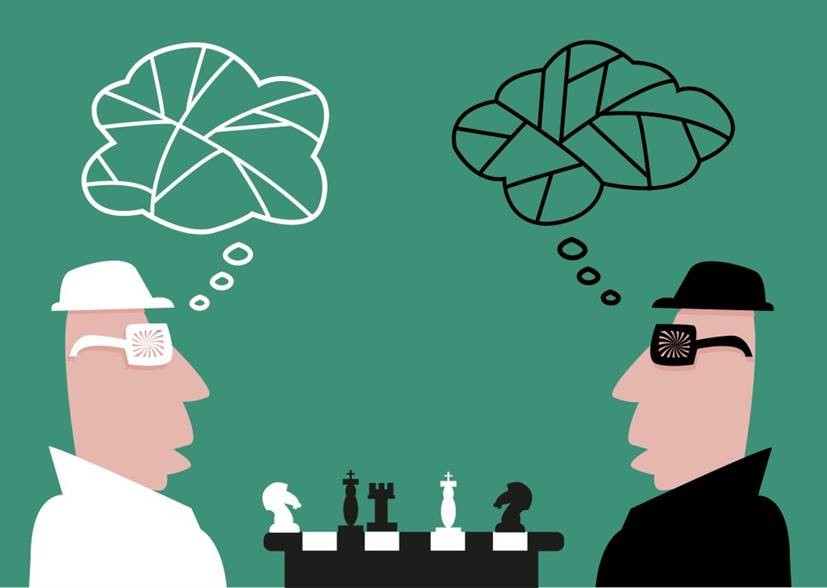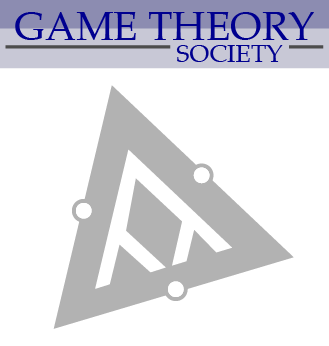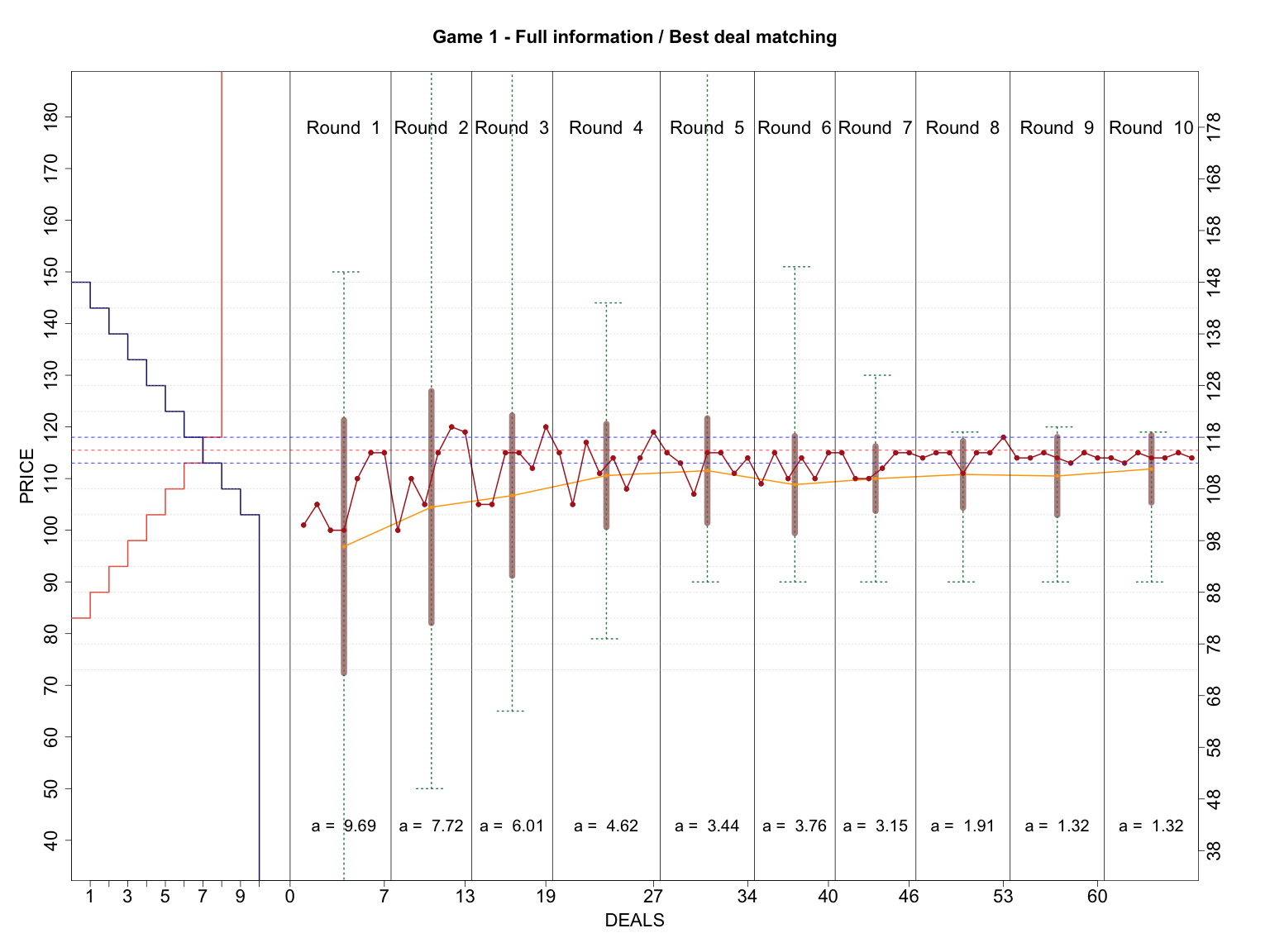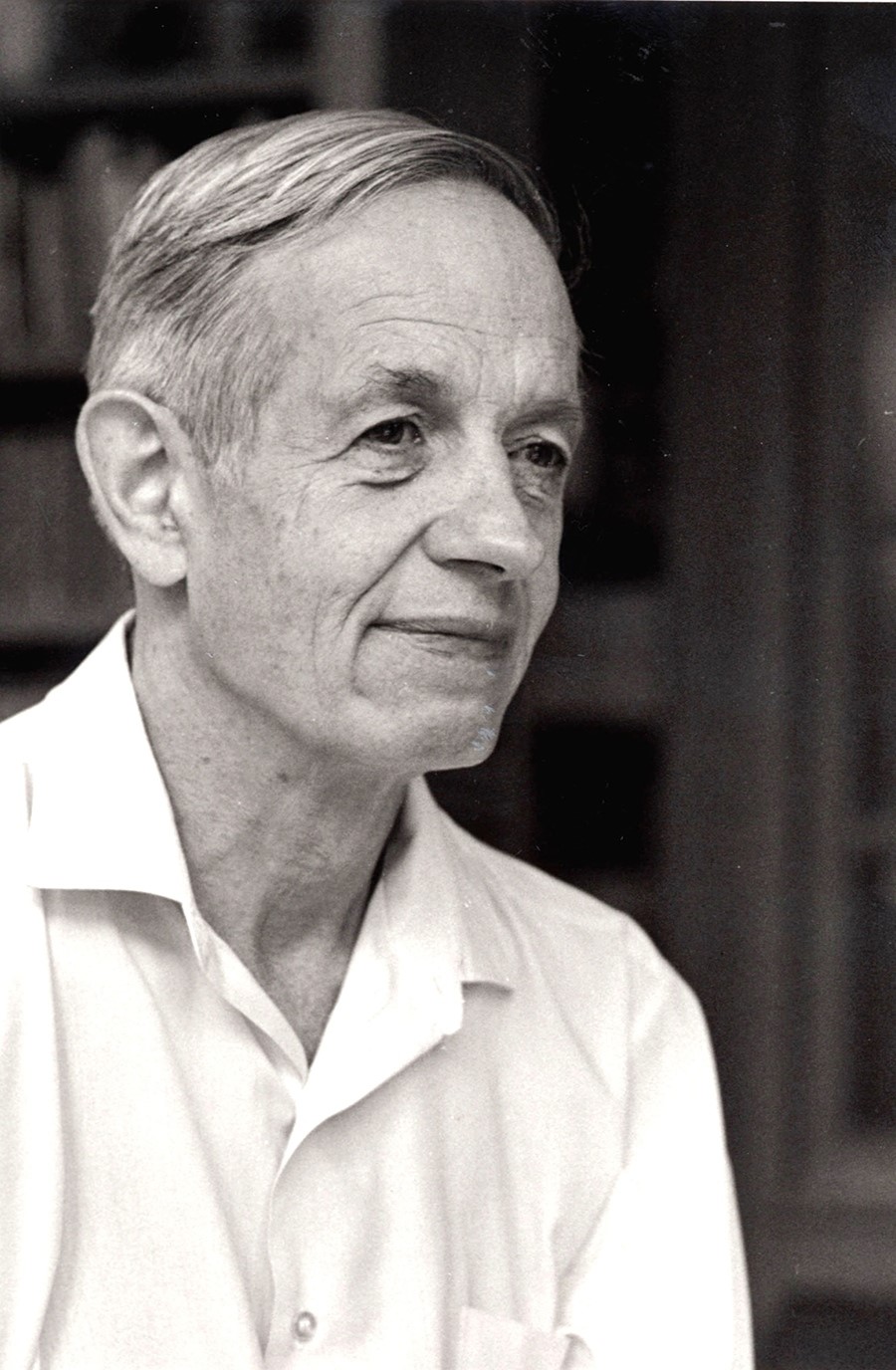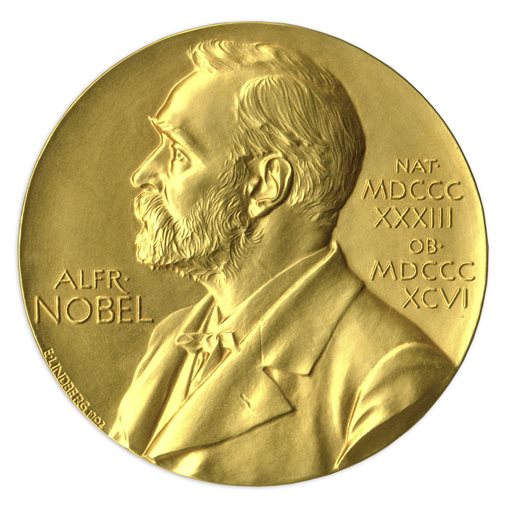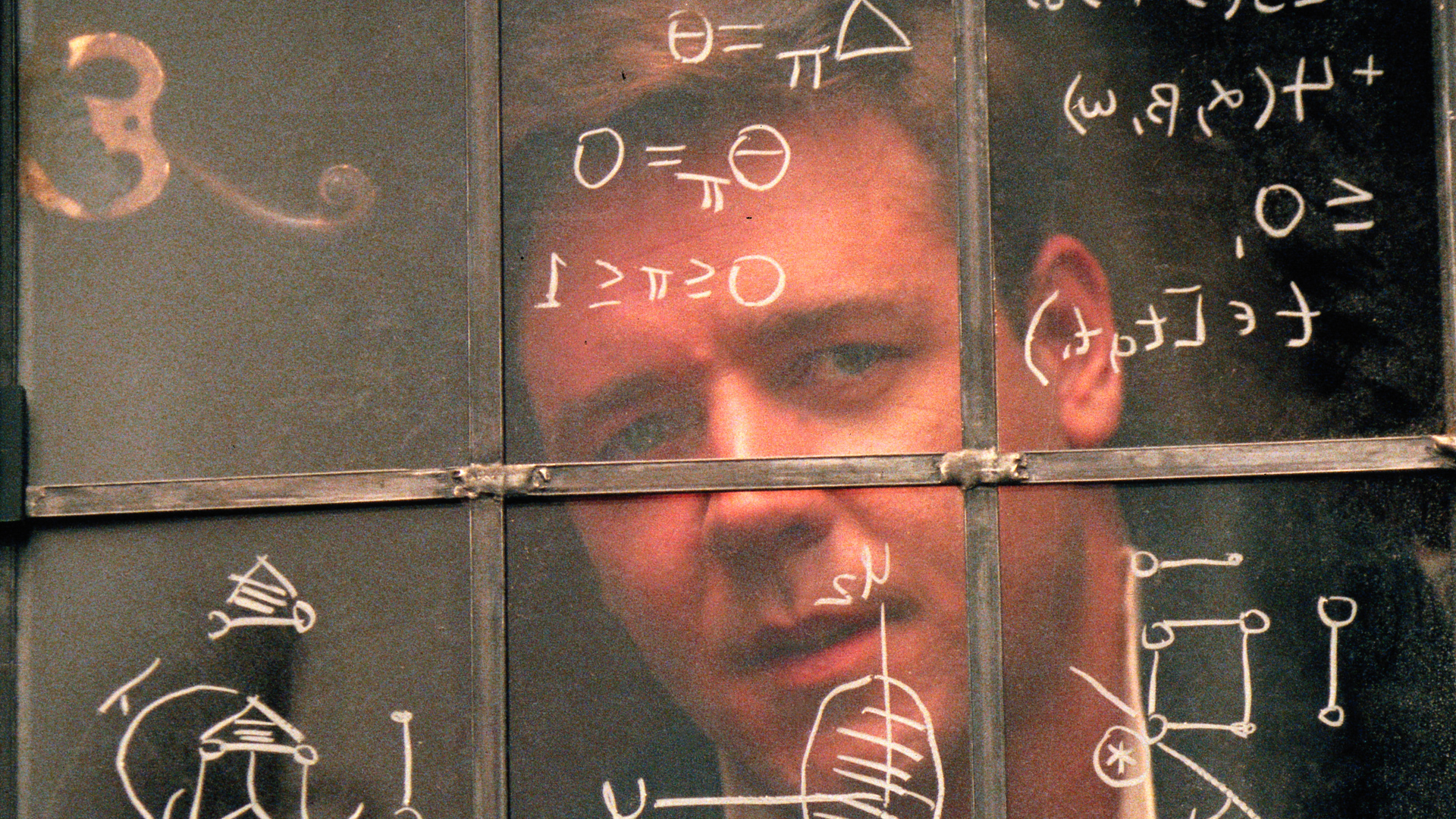
Project Details
These are the Top 10 Game Theorists on Google Scholar:
 John von Neumann
John von Neumann
Professor of Mathematics, Princeton University
John von Neumann (December 28, 1903 – February 8, 1957) was a Hungarian-American mathematician, physicist, computer scientist, and polymath. He made major contributions to a number of fields, including mathematics (foundations of mathematics, functional analysis, ergodic theory, representation theory, operator algebras, geometry, topology, and numerical analysis), physics (quantum mechanics, hydrodynamics, and quantum statistical mechanics), economics (game theory), computing (Von Neumann architecture, linear programming, self-replicating machines, stochastic computing), and statistics.
 Colin Camerer
Colin Camerer
Robert Kirby professor of behavioral economics. Homepage
Colin Camerer is a pioneer in behavioral economics and in neuroeconomics. He is interested in how psychological forces and their deeper neuroscientific foundations influence economic decisions involving individuals and markets. In his research, he uses experiments to better understand how individuals and markets function, neuroscience to gain insight into the neuroscientific drivers for decision making and behavior, and game theory. For example, he's exploring why price bubbles form, when they crash, and how people value immediate and future rewards and costs—especially those that create temptation. He wants to understand strategic situations such as when other people's choices affect an individual and how someone anticipates what others will do.
 Paul Milgrom
Paul Milgrom
Professor of Economics, Stanford University. Homepage
Milgrom is best known for his contributions to the microeconomic theory, his pioneering innovations in the practical design of multi-item auctions, and the extraordinary successes of his students and academic advisees. According to his BBVA Award citation: “Paul Milgrom has made seminal contributions to an unusually wide range of fields of economics including auctions, market design, contracts and incentives, industrial economics, economics of organizations, finance, and game theory.” According to a count by Google Scholar, Milgrom’s books and articles have received more than 80,000 citations.
 Christos H PAPADIMITRIOU
Christos H PAPADIMITRIOU
UC Berkeley
Christos Harilaos Papadimitriou (born August 16, 1949) is a Greek theoretical computer scientist, and professor of Computer Science at Columbia University. Papadimitriou has taught at Harvard, MIT, the National Technical University of Athens, Stanford, UCSD, University of California, Berkeley and is currently the Donovan Family Professor of Computer Science at Columbia University.
 Yajun Wang
Yajun Wang
Microsoft Corporation
Yajun Wang is a Senior Applied Scientist at Microsoft Bing Advertisement Divisio. He obtained a bachelor degree from University of Science and Technology of China in 2002. After that he spent 6 years in Hong Kong University of Science and Technology for PhD degree. Joined Microsoft Research Asian in 2008. Recently, moved to California in 2013.
 Eric Maskin
Eric Maskin
Chief Research Fellow, International Laboratory of Decision Choice and Analysis
Eric Stark Maskin is an American economist and 2007 Nobel laureate recognized with Leonid Hurwicz and Roger Myerson "for having laid the foundations of mechanism design theory". He is the Adams University Professor at Harvard University.
 Alvin E. Roth
Alvin E. Roth
Alvin Elliot Roth (born December 18, 1951) is an American academic. He is the Craig and Susan McCaw professor of economics at Stanford University and the Gund professor of economics and business administration emeritus at Harvard University and the 2017 President of the American Economics Association
Roth has made significant contributions to the fields of game theory, market design and experimental economics, and is known for his emphasis on applying economic theory to solutions for "real-world" problems.
 Lloyd S. Shapley
Lloyd S. Shapley
Professor at University of California Los Angeles
Lloyd Stowell Shapley (June 2, 1923 – March 12, 2016) was an American mathematician and Nobel Prize-winning economist. He contributed to the fields of mathematical economics and especially game theory.
Since the work of von Neumann and Morgenstern in 1940s, Shapley has been regarded by many experts as the very personification of game theory.[3] With Alvin E. Roth, Shapley won the 2012 Nobel Memorial Prize in Economic Sciences "for the theory of stable allocations and the practice of market design."
 Joseph Halpern
Joseph Halpern
Professor of Computer Science, Cornell University
Joseph Yehuda Halpern (born 1953) is a professor of computer science at Cornell University. Most of his research is on reasoning about knowledge and uncertainty.
Halpern graduated in 1975 from University of Toronto with a B.S. in mathematics. He went on to earn a Ph.D. in mathematics from Harvard University in 1981 under the supervision of Albert R. Meyer and Gerald Sacks. He has written two books, Reasoning about Uncertainty and Reasoning About Knowledge and is a winner of the 1997 Gödel Prize in theoretical computer science and the 2009 Dijkstra Prize in distributed computing. From 1997 to 2003 he was editor-in-chief of the Journal of the ACM. In 2002 he was inducted as a Fellow of the Association for Computing Machinery and in 2012 he was selected as an IEEE Fellow. In 2011 he was awarded a Senior Fellowship of the Zukunftskolleg at the University of Konstanz.
Halpern is also the administrator for the Computing Research Repository, the computer science branch of arXiv.org, and the moderator for the "general literature" and "other" subsections of the repository
 Ariel Rubinstein
Ariel Rubinstein
Tel Aviv University, New York Univeristy
Ariel Rubinstein (born April 13, 1951) is an Israeli economist who works in Economic Theory, Game Theory and Bounded Rationality. Ariel Rubinstein is a professor of economics at the School of Economics at Tel Aviv University and the Department of Economics at New York University. He studied mathematics and economics at the Hebrew University of Jerusalem, 1972–1979 (B.Sc. Mathematics, Economics and Statistics, 1974; M.A. Economics, 1975; M.Sc Mathematics, 1976; Ph.D. Economics, 1979).
In 1982, he published "Perfect equilibrium in a bargaining model",[1] an important contribution to the theory of bargaining. The model is known also as a Rubinstein bargaining model.
- Documents Download the documents related to this project here
- Category General info


